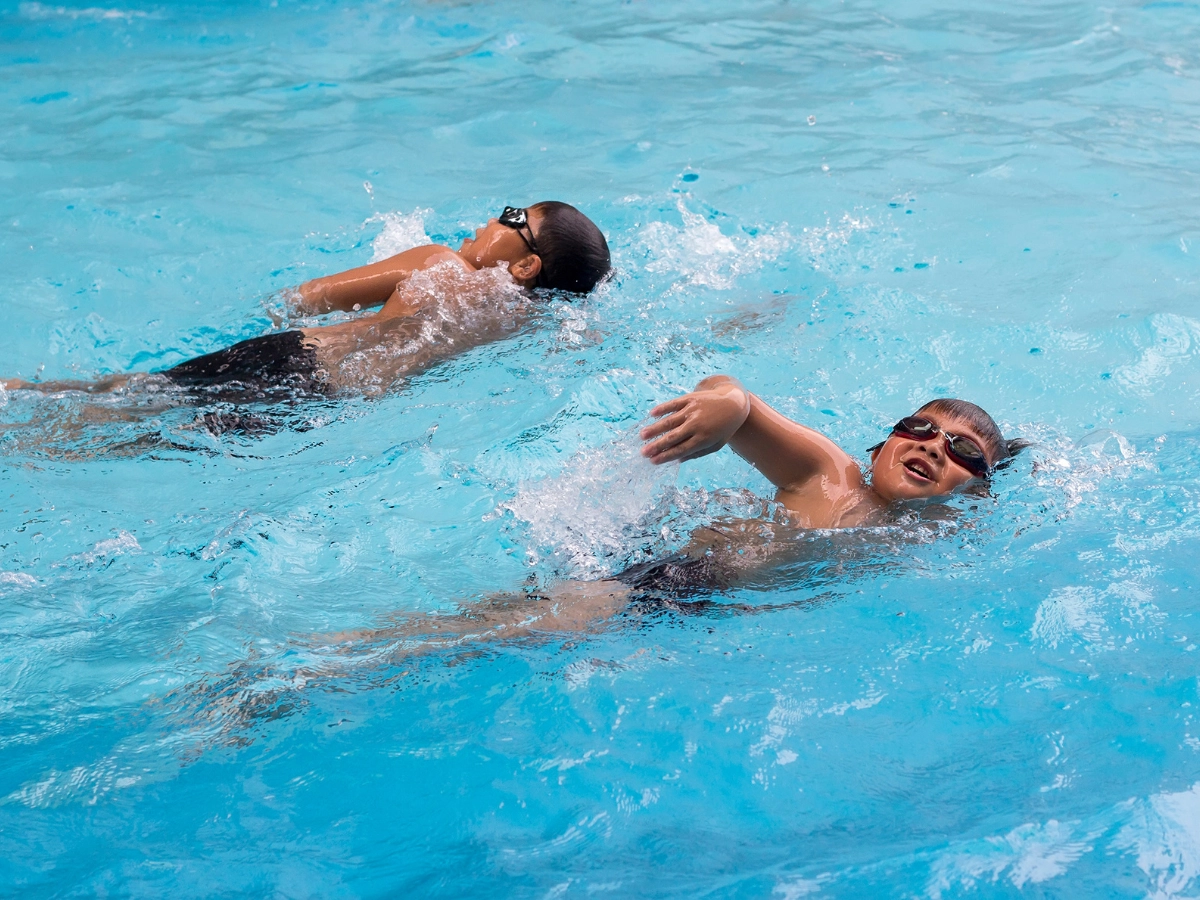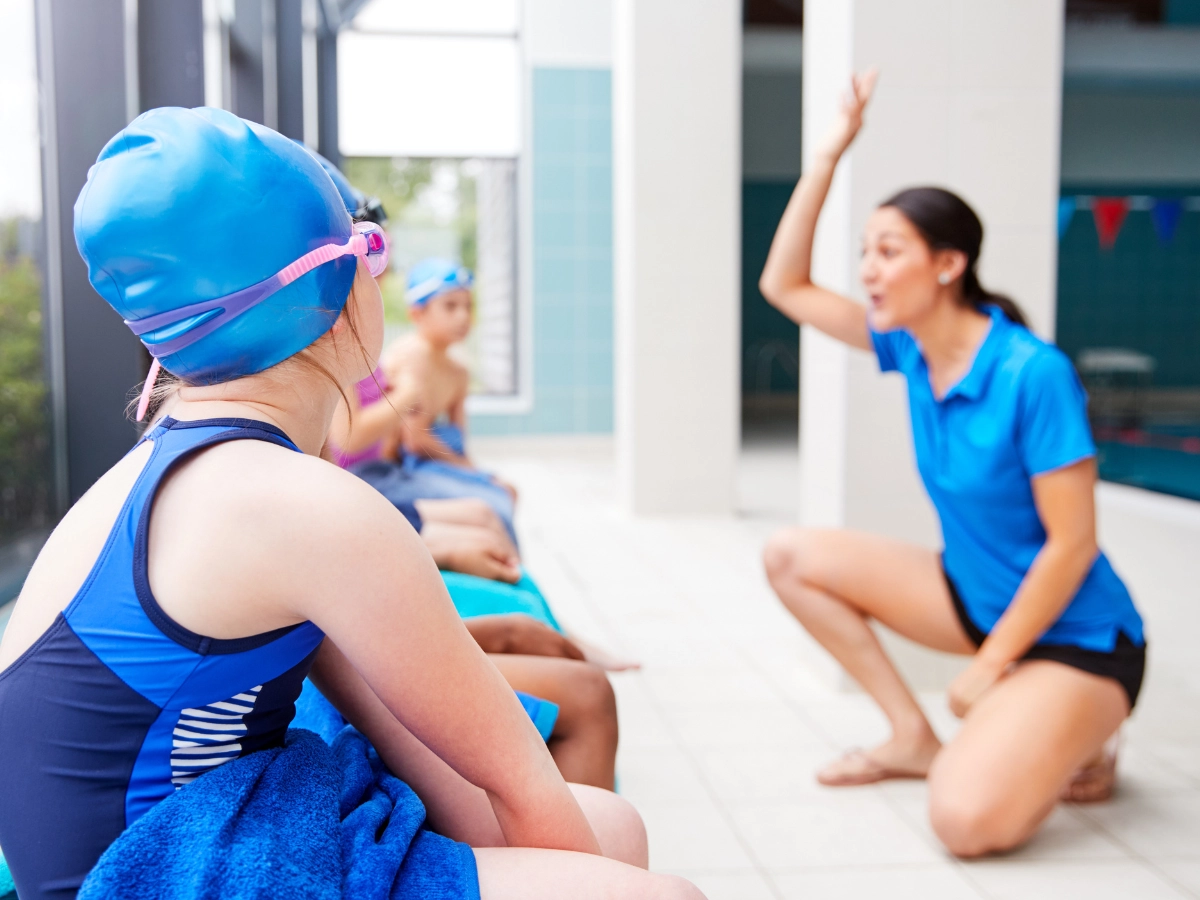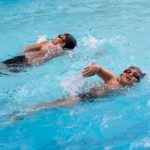Sports conditioning is very demanding whether done by adults or children. Actually it is often more demanding than general fitness training and can help the athlete gain an advantage over their competition or excel beyond performance. So obviously, sports conditioning is meant to complement training for a specific sport.
Today’s athletes – even children – are looking for a way to gain competitive advantage or achieve an “edge” and sports conditioning can help them do that. There are conditioning camps from coast-to-coast that we wouldn’t have imagined existing not too many years ago. Not only can sports conditioning enhance performance, it can help to prevent injuries – a benefit that many don’t initially see. Conditioning can help develop the strength, flexibility, and agility that can help to protect joints from injury. In fact, conditioning’s protective benefits have become more understood in recent years with more coaches and parents opting for their children to participate. For children who are focused on performance and excelling, sports conditioning is ideal. It pairs perfectly with any sport because it enhances an individual’s strength, balance, coordination, flexibility, speed, and power and is usually performed with such equipment and countermeasures as weights, fitness bands, medicine balls and bodyweight. However – even with the use of sports condition, coaches and parents must remember that injury is always still a possibility.
Sports conditioning can help child athletes build healthy muscles, joints, and bones. With a properly designed and supervised program, they can improve endurance, total fitness level, and sports performance. Of course, a child’s sports conditioning program is not just a lighter version of dad’s program. It should be a program that a knowledgeable and qualified trainer designs to meet goals established for the child and to help the child to develop into his/her sport and beyond. It should take the precautions necessary to ensure that young and growing bodies are protected as well as enhanced.
Is this different than general fitness? Yes! Traditional fitness training is the best program for attaining good looks and basic fitness goals – like weight loss, strength increase, cardiovascular endurance, and greater flexibility. But athletes seeking excellence need a more sports-oriented training program – and so sports conditioning was born focusing on unique exercises that simulate the skills of the athlete’s particular sport.
With sports conditioning, children or adults – can grow to be stronger and more efficient athletes. It can also help fortify the ligaments and tendons that support the athlete’s muscles and bones – and even improve bone density (calcium + minerals amount in bone).
The benefits go beyond physical health. Young athletes can even have a self-image as they get stronger and perform at higher levels.
What should a good sports conditioning program include?
- Strength
- Power
- Speed Quickness
- Agility Movement skills
- Deceleration
- Balance
- Reactivity
- Anaerobic capacity
And in addition to meeting the specific skill requirements of the sport, a good sports conditioning program meets the individual needs of the athlete.
Sports conditioning is built on a plan because that is the only way to train for peak performance. The plan must be two-fold: encompassing peak performance in games and future goals of the athlete’s performance.
How intense should sport conditioning be?
The intensity takes into account:
- The physical needs of the athlete
- The athlete’s carefully evaluated goals
- The time frame for reaching the goals
- The time (weekly) that the athlete can consistently devote to their program
Sports conditioning is year-round and is usually categorized as pre-season, in-season, post-season, and off-season training – each with its unique goals and plans. This activity is not for beginners. Children or adults should have a general level of fitness before they begin to train at a more advanced level and with more specific sports-enhancing exercises. Of course, any sports conditioning should be taken on with a qualified trainer who uses a quality program to get the best results and protect the health of the athlete.
If a child is ready to be part of an organized sport (gymnastics, baseball, soccer) then he or she is probably mature enough to do sports conditioning. However, it is always recommended to get your child’s doctor to sign off on your child’s sports conditioning regimen.
You or your child’s coach should make sure that:
Coach-child ratio is no more than 1 to 10.
The instructor is a knowledgeable, certified sports conditioning coach that has experience with children’s programs.
- There is a warm up with at least 5-10 minutes of aerobic activity and dynamic stretching.
- There is a cool down period with less intense activity and static stretching.
- Sessions do not exceed two to three per week on nonconsecutive days.
Sports conditioning is not about getting bigger or “bulking up”. Don’t confuse it with weight lifting or bodybuilding – an activity that is NOT recommended for children – or even teens.














